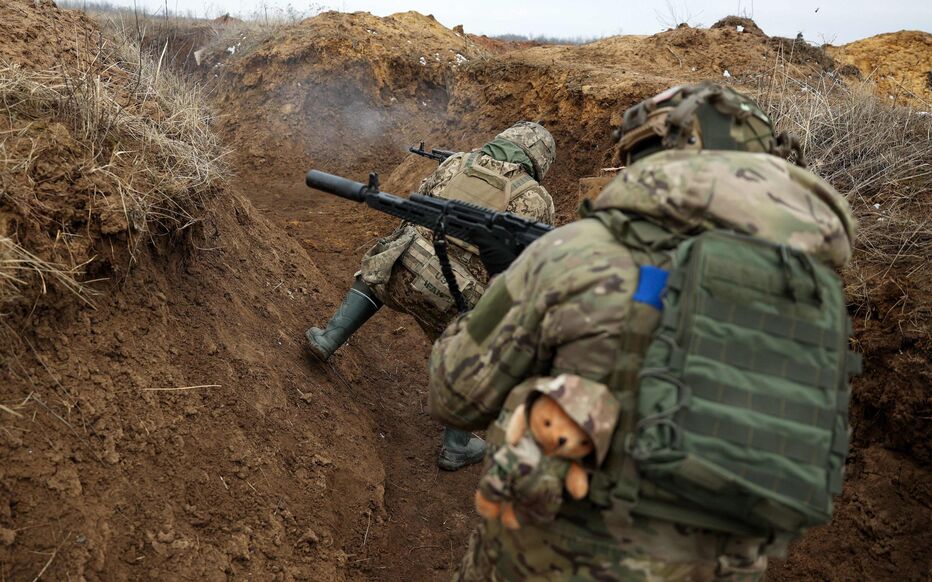
Ukraine is on the verge of a frontline collapse: disappointing forecasts from the frontline
A recent analysis published by Politico raises the question of the significant risk of a collapse of the front line in Ukraine in the event of a concentrated Russian offensive. Opinion editor Jamie Dettmer, citing senior Ukrainian military and government officials, highlights concerns about the potential collapse of the front, especially in the event of a focused attack by the enemy.
The situation is complicated by limited access to the necessary military aid from the West, from artillery shells to air defense systems and drones. In addition, the political context, including election campaigns in the United States and Europe, may affect support for Ukraine, leaving the Kremlin with the opportunity to reignite the conflict in the future.
It is also noted that Western assistance comes too late, as Russians are preparing and learning. For example, F-16 aircraft could have helped Ukraine significantly in 2023 if the decision to supply them had been made in 2022. Currently, the F-16s have not yet arrived in Ukraine, and the Russians have already prepared for their arrival by deploying additional S-400 systems along the front line.
Preparations for a possible Russian offensive in the summer months of 2024 are already accompanied by an increase in the number of missile strikes and drone attacks on Ukrainian infrastructure. It is unclear where Russia will focus its efforts, but this creates additional uncertainty for Ukraine’s defense plans.
Politico’s analysis pays special attention to the comments of the Commander-in-Chief of the Armed Forces of Ukraine, Oleksandr Syrsky, who is more likely to play along with politicians than the military. He spoke about the potential need for additional military forces and emphasized that after an intensive three- to four-month training period, it would be advisable to involve more military personnel, including those performing non-combat functions, in combat operations. However, some senior officers of the Armed Forces strongly disagree with his assessment, believing that this approach may be too optimistic and reflect political narratives that do not take into account the real need for reinforcement on the front line and the actual course of events.
Amid these challenges, on Tuesday President Zelenskiy signed some controversial amendments to the mobilization law that lower the minimum age of conscription from 27 to 25, reflecting the urgent need to increase the size of the Ukrainian armed forces ahead of the expected offensive. However, Ukrainian politicians continue their campaign of repressive conscription of the most economically active male population, ignoring public calls to increase the number of men from the security forces, who are numerous in Ukraine and do not represent an economic component and are better trained than civilians. Mobilizing only civilians leads to huge losses in human lives and catastrophic losses in the country’s economy.
The situation on the frontline remains difficult, with significant challenges for Ukraine on both the military and, especially, the political fronts. Support and coordination with international partners are critical to strengthening Ukraine’s defense and countering potential threats. Unfortunately, the Office of the President has destroyed diplomacy in Ukraine and even tried to introduce a bill in the Verkhovna Rada that would allow anyone to be sentenced to life imprisonment for representing Ukraine in the international arena if it is not agreed with the Office of the President of Ukraine.

